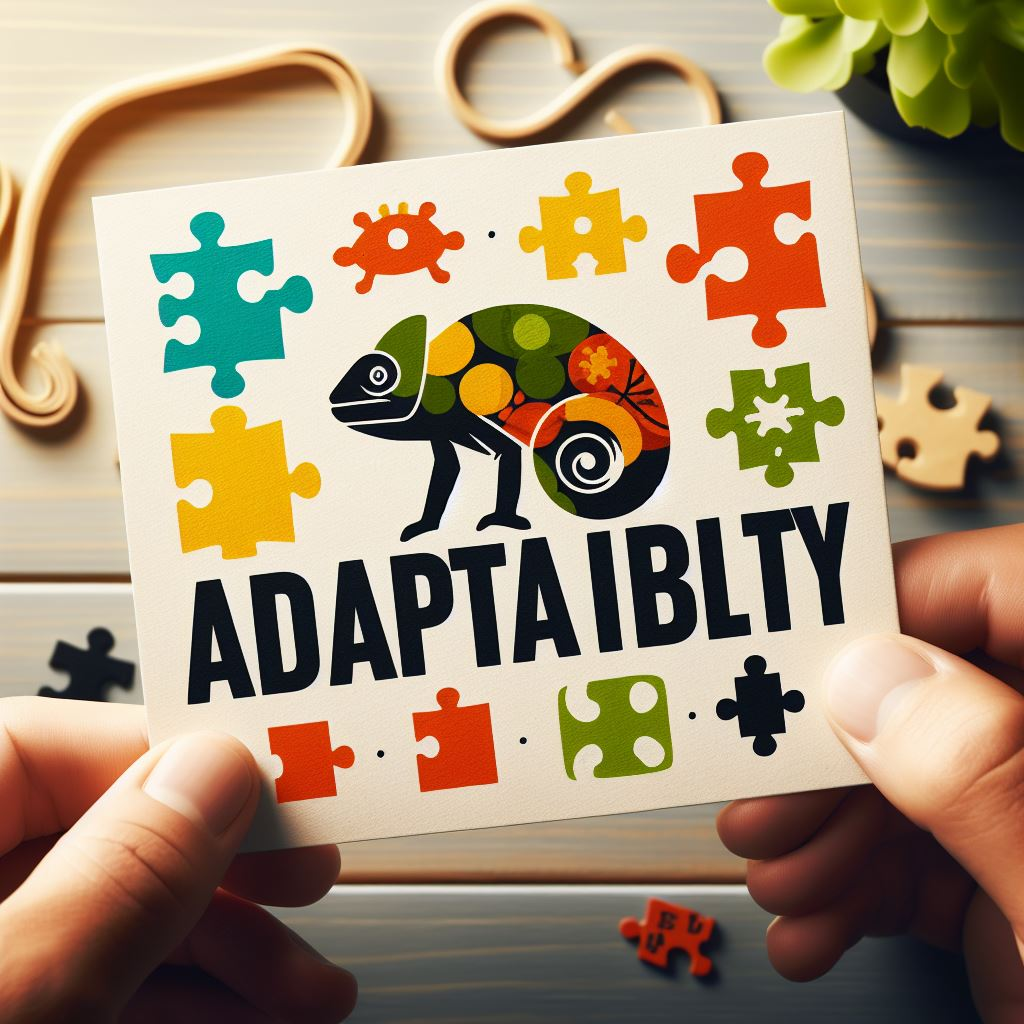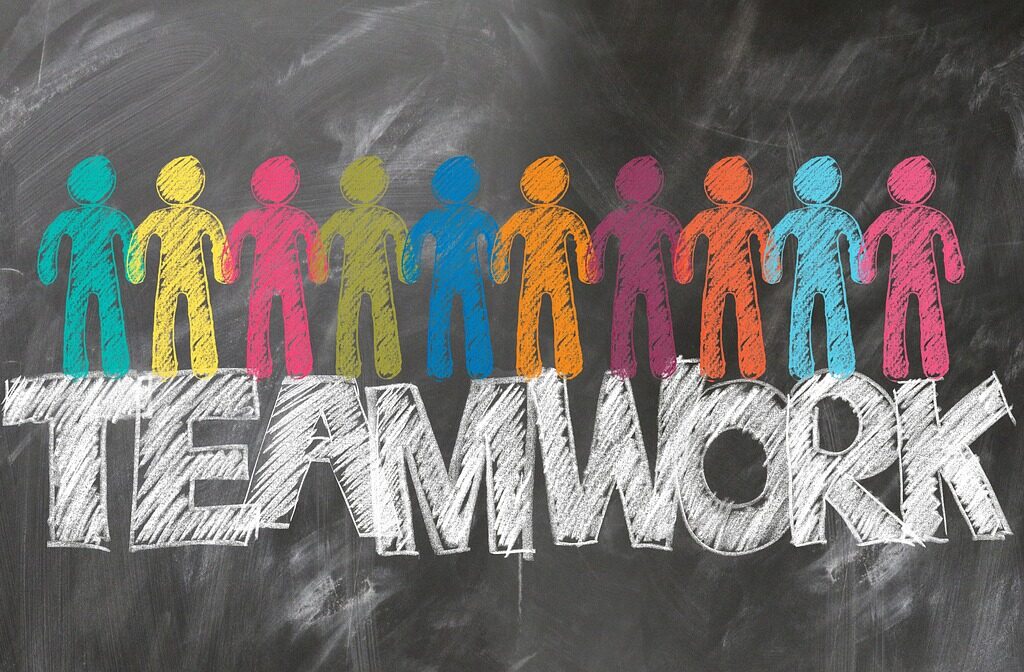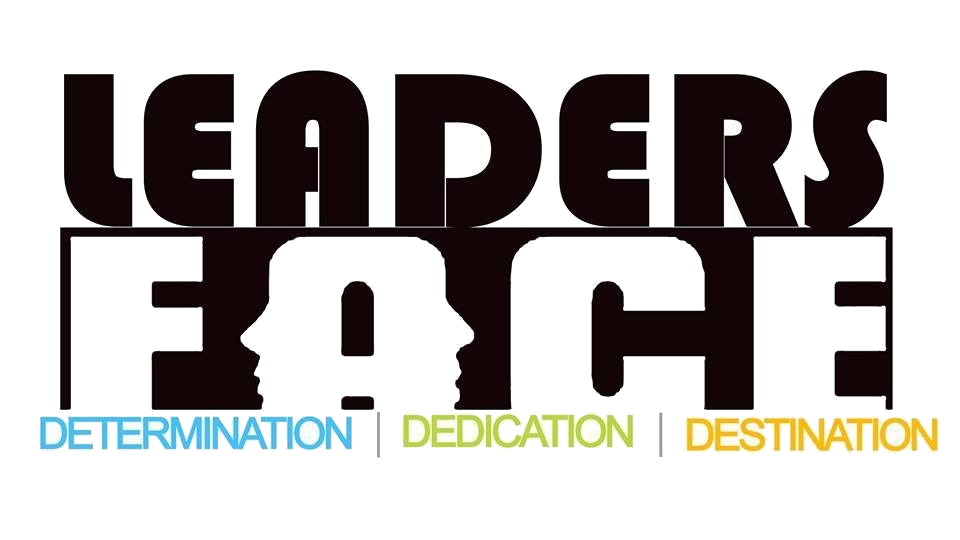In today’s competitive job market, soft skills are crucial for success. Businesses value these skills for improving relationships, decision-making, and professional growth. Job seekers must stand out by showcasing excellent soft skills.
Professionals, especially in HR, prioritize enhancing soft skills for career advancement. Here are 7 vital soft skills:
Time Management: Organizing tasks efficiently is crucial in the corporate world.
Self-Awareness: Understanding oneself leads to better problem-solving.
Adaptability & Flexibility: Being open-minded and ready to learn helps in fast-paced workplaces.
Team Player: Being reliable and supportive is valued by employers.
Leadership: Confidence, risk-taking, and motivation are key leadership traits.
Communication: Clear communication, both written and verbal, is essential.
Time management involves organizing tasks within deadlines to prevent issues. In the corporate world, effective time management is essential for success. This is the practice of organizing and prioritizing tasks to make the most efficient use of time. It involves setting goals, planning activities, and allocating resources appropriately to meet deadlines. Effective time management allows individuals to balance workloads, reduce stress, and increase productivity. In both professional and personal settings, mastering time management skills is crucial for achieving success and maintaining a healthy work-life balance.

Self-Awareness is essential for career advancement. Understanding one’s strengths and weaknesses enables personal growth. Staying updated with information enhances problem-solving skills, improving overall performance.
This is the cornerstone of personal growth and success. By understanding our strengths and weaknesses, we can make informed decisions and pursue meaningful goals. It empowers us to recognize our emotions, thoughts, and behaviours, leading to improved relationships and performance. Cultivating self-awareness involves introspection, feedback, and continuous learning. With self-awareness, we can navigate life’s challenges with confidence and authenticity, unlocking our full potential.

Adaptability & Flexibility: Being open-minded and ready to learn helps in fast-paced workplaces.

In today’s rapidly changing work environments, adaptability and flexibility are indispensable traits. Embracing an open-minded approach and a willingness to learn are key to thriving amidst constant change. Employees who can quickly adjust to new situations and challenges are invaluable assets to any organization. By remaining adaptable and flexible, individuals can navigate the complexities of modern workplaces with ease, contributing positively to team dynamics and organizational success.
Team Player: Being reliable and supportive is valued by employers.
Employers highly prize team players who demonstrate reliability and supportiveness. These individuals contribute positively to the workplace environment, fostering collaboration and cohesion within teams. By consistently delivering on commitments and offering assistance to colleagues, they enhance productivity and morale. Valued for their cooperative mindset and willingness to go the extra mile, team players play a crucial role in achieving organizational goals and fostering a culture of success.

Leadership: Confidence, risk-taking, and motivation are key leadership traits.

Leadership requires a blend of confidence, risk-taking, and motivation. Confident leaders inspire trust and respect, guiding teams through challenges with assurance. They embrace calculated risks, fostering innovation and growth within their organizations. Motivated leaders energize and inspire others, driving collective efforts toward shared goals. By embodying these key traits, effective leaders cultivate a culture of success and empower their teams to achieve excellence in their endeavours.

